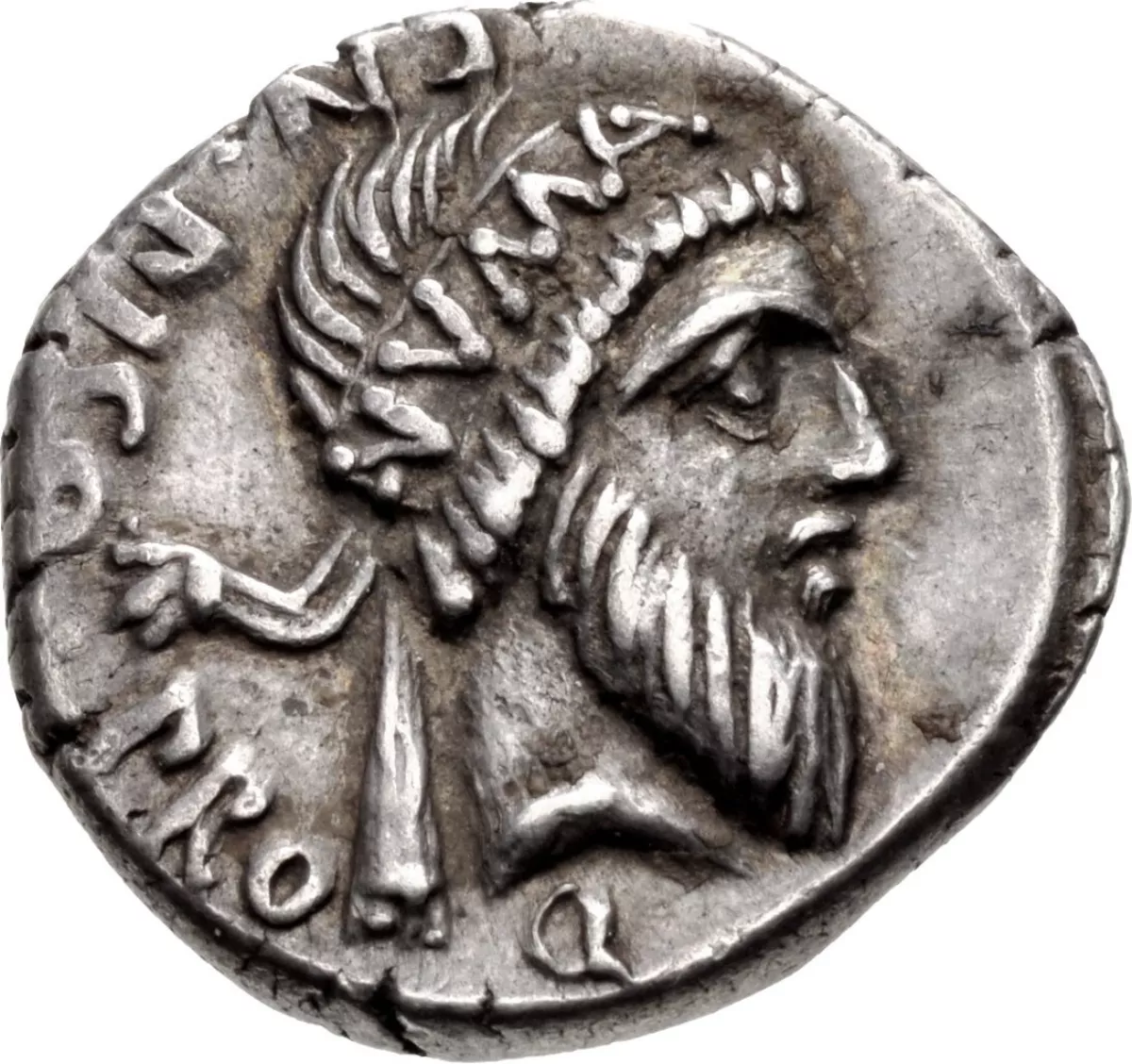 1.
1. Numa Pompilius was of Sabine origin, and many of Rome's most important religious and political institutions are attributed to him, such as the Roman calendar, Vestal Virgins, the cult of Mars, the cult of Jupiter, the cult of Romulus, and the office of pontifex maximus.